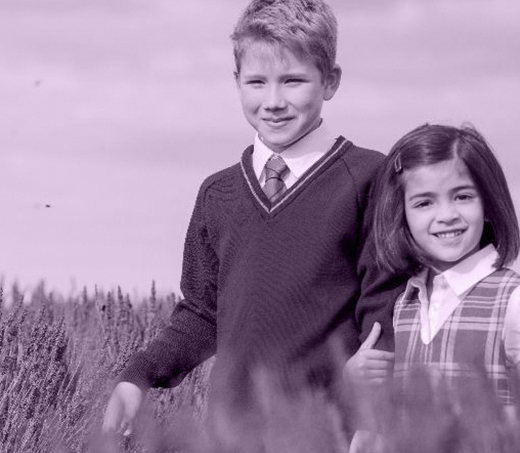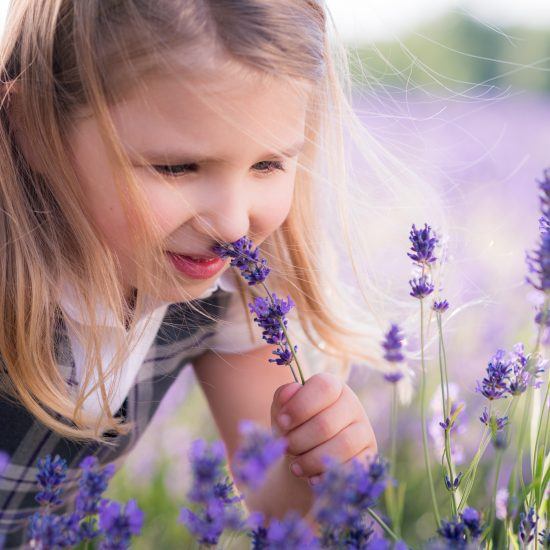I am sure, like me, many of you were inspired by the London Marathon last Sunday. It is one of the highlights of the British sporting calendar and whilst I admired the runners from the comfort of my sofa with a cup of coffee in hand, I was once again in awe of the atmosphere, dedication and bravery of everyone involved and moved by their stories and motivation.
In previous years that motivation has almost got me to the start line myself, and who knows one day I might actually get there, but the friends and colleagues who have completed this incredible achievement might say never again but they would absolutely agree that it was worth it. I find the most inspiring thing about the Marathon is that for anyone other than the elite runners, their achievement has almost nothing to do with skill or talent. Instead, what gets them to the start line, round the 26.2 mile course and ultimately over the finish line is determination and resilience. The winner of the Women’s race, Sifan Hassan, nearly stopped with an injury early on but overcame these problems to catch up and ultimately overtake her rivals. Such a superb display of resilience but no more so than Tom Durnin….he came last!
London Marathon: Final finisher revealed as car crash victim – BBC News
We all have different amounts of resilience, and we know that there are many contributing factors every day to how able we feel to cope with, or respond to, life’s challenges. This ever-changing state is why this is such a key area of development for children and why we place emphasis on creating an environment and opportunities to develop these skills.
We do this in a combination of direct and subtle ways but know that a fundamental starting point is strong relationships. Teaching is all about relationships and we remind ourselves daily that helping our children feel safe, loved and acknowledged is our number one priority. Helping children build and maintain friendships, giving them strategies and support to manage difficulties is paramount and transcends all aspects of their learning. Relationships are the key.
We also spend significant time helping our children to understand emotional regulation, what it means and most importantly how we can use our understanding to help control our actions and reactions. This is a skill we all find difficult at times and knowing that there are biological as well as emotional reasons behind our feelings is such a powerful message. Forgiving ourselves for simply being human is surprisingly hard to do!
As part of our school development plans we seek opportunities every day to inspire a sense of curiosity and creativity in everything we do. Finding ways to solve problems, considering different viewpoints and promoting flexible thinking help our children in so many ways beyond the classroom. These approaches promote deep learning but build the skills and attitudes that shape our resilience. I wrote recently about the importance of play for setting the perfect environment for children to create and adapt – it is also a wonderful resilience builder!
We sometimes forget the most obvious ways to build or protect our resilience, which is of course the value in looking after our physical and mental health. Getting a good night’s sleep has an enormous impact on our resilience. The training regime for marathon runners typically starts around 16 weeks before the race. It requires athletes to get out in all sorts of weather, several times a week, regardless of what else is going on. It builds physical and mental stamina, strength and resilience. But ask any marathon finisher how they carried on when their resilience was running low and they will unanimously tell you “ the encouragement and positivity of the crowd”. We never take for granted the power of showing belief in someone, the impact of accepting it is ok to make mistakes and the encouragement to say, you can do it! But don’t forget, as Tom Durnin says, “Jelly Babies help too!”








